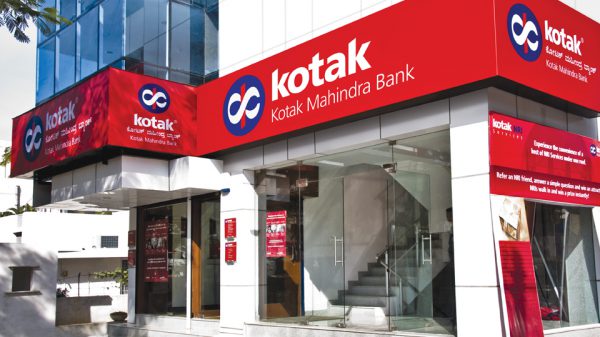The RBI guidelines that Mastercard failed to comply with, state that customer data, payment sensitive data, and transaction data have to be stored in India. We missed this earlier: Mastercard has complied with the local data storage norms laid down by the Reserve Bank of India (RBI) in 2018, the company informed MediaNama. The payments company added that it filed a new audit report on July 20 to notify the central bank of its compliance. “When RBI required us to provide additional clarifications about our data localization framework in April, 2021, we retained government-empaneled Deloitte to perform a supplemental audit to help demonstrate our compliance. We have been in a continued dialogue with the RBI from April through the report’s submission on July 20, 2021,” Mastercard's statement read. According to a Reuters report, the audit report was submitted after the RBI barred Mastercard from adding new domestic customers in India onto its card network on July 14. The report, citing sources, also said that the RBI was reviewing the new audit report. Why it matters? India has registered a sizeable growth in its payments ecosystem over the past few years. Despite this, major players like Visa and Mastercard had not made arrangements for the storage of payments information in India. According to the RBI, it is “important to have unfettered supervisory access to (payments) data to ensure better monitoring on a continuous basis." A report in the Times of India explains that the central bank wants to insure itself against the possibility of losing access to data…





























